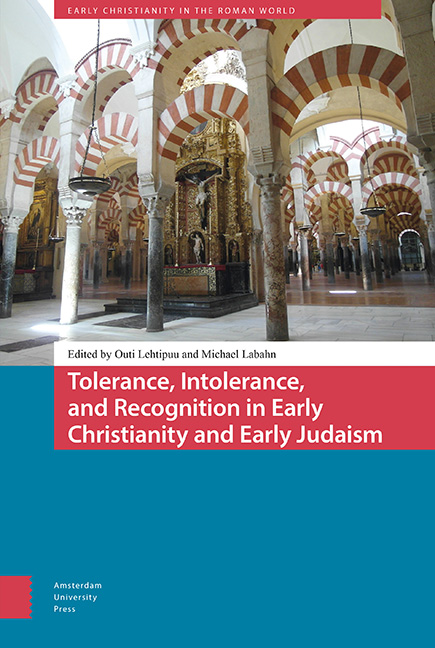10 - Learning from “Others”: Reading Two Samaritan Stories in the Gospel of Luke from an Ecological Perspective
Published online by Cambridge University Press: 16 July 2022
Summary
Abstract
The parable of the Good Samaritan (Luke 10:25-37) and the story of the Healing of Ten Lepers (Luke 17:11-19) use the dynamic of division between Jews and Samaritans to create a category of the “other.” They invite their audience to think differently about these “others” who, at the narrative level, present a positive model for virtue. This dynamic challenges us to strive beyond mere tolerance, as they invite us to learn from such “others.”
Keywords: Good Samaritan; Gospel of Luke; ecology; Healing of Ten Lepers
While some debate whether to classify Samaritans as Jews or Gentiles, it is clear that the Gospel of Luke makes a definite distinction between Samaritans and Jews. This article will concentrate on two stories, the parable of the Good Samaritan (10:25–37) and the narrative of the Healing of Ten Lepers (17:11–19), in which the actions of Samaritans are contrasted with the actions of Jews. Moreover, the Samaritans in these stories become models of faith and compassionate response. These stories, therefore, reflect a dynamic of division between Jews and Samaritans but, at the same time, invite the hearer/reader to think differently about those whom they consider to be “other,” in fact, to see them as possible models to emulate.
An earlier reference to Samaritans in the Gospel of Luke occurs at the beginning of Jesus's journey to Jerusalem (9:51–56). In this passage, Samaritan villagers do not receive Jesus (9:52–53). This reaction and the response of James and John who seek retribution (9:54) reflect the mutual animosity between Samaritans and Jews. Nevertheless, Jesus stops James and John from carrying out their retributive suggestions (9:55). Jesus, in effect, calls James and John to tolerate the response of these Samaritan villagers. The two stories which will be the main foci of this study have, however, a further message. Depicting Samaritans as the “heroes,” these two stories challenge the audience to go beyond the limits of mere tolerance of “others.” Rather, they are invited to learn from them to show mercy, as did the Samaritan traveller (10:36–37), and to praise God as did the Samaritan leper (17:17–19).
- Type
- Chapter
- Information
- Publisher: Amsterdam University PressPrint publication year: 2021



